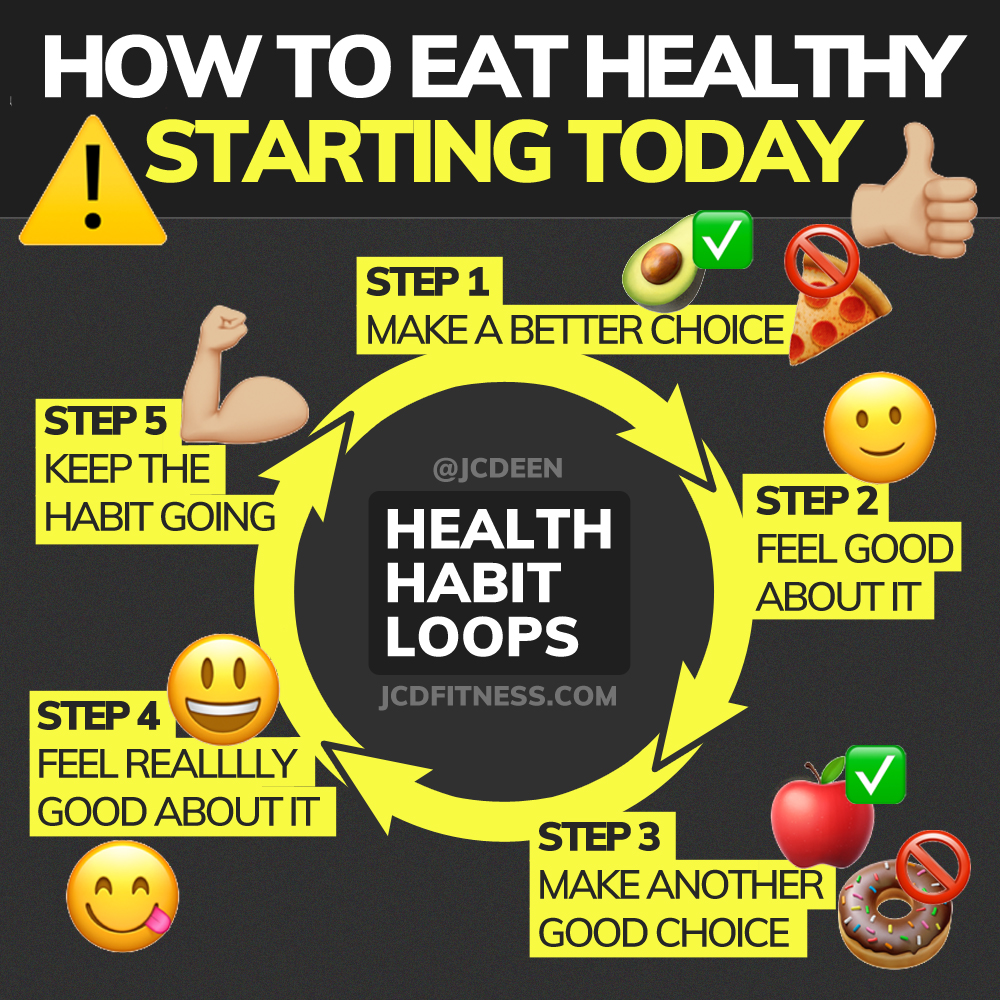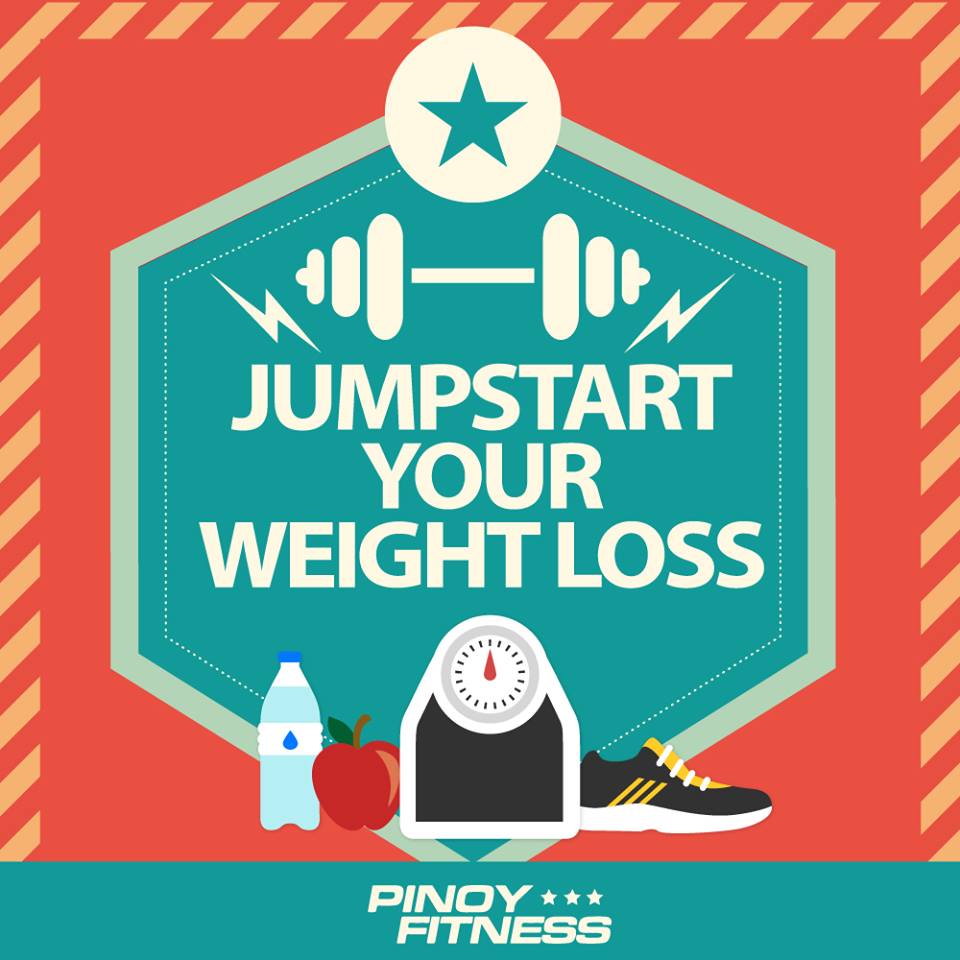
Some complications can also occur after gastric bypass surgery. Anastomotic leakage, also known as leakage, can occur, and can lead to an infection or an abscess. Drains are able to fix small leakages. The leak must be sealed before people can eat and drink again. Another risk is the formation and spread of blood clots.
Laparoscopic Rouxen en Y gastric bypass
The laparoscopic Roux-en-Y gastic bypass procedure is one of the most common bariatric surgeries, and is associated with greater weight loss and a higher long-term success rate than other surgeries. The procedure creates a small pouch that prevents food from getting into the excluded stomach. As a result, patients lose their early sense of satiety.
Gastric sleeve
There are many risks associated with bariatric surgery and gastric sleeve surgery. These complications are not common, but they can happen. One of the most serious risks of this procedure is gastric leakage. This complication can lead to an elevated heart rate and pain in the abdominal area and back. It can also cause infection or even death. This complication can be treated depending on how large the leak is.

Band erosion
Gastric band erosion can result in serious complications after gastric bypass surgery. This condition may require a second operation. The surgeon will remove the band through a laparoscopic procedure, but sometimes it will be necessary to remove it from within the stomach. If this does occur, the upper stomach will need time to heal before further weight loss surgery can be performed. There are many options available if the band has to be removed after an erosion. Other options include gastric bypass, sleeve surgery and gastrectomy.
Leakage
Leakage after bariatric surgery could be a serious problem. While this problem can occur during any surgical procedure, a leak can be particularly troublesome for patients after gastric bypass surgery. The Upper GI series is taken by a surgeon and the leak can be identified. The treatment options include the drainage of fluid and the use of antibiotics.
Slippage
Gastric banding can be a safe and effective procedure. However, there are some complications that may occur. Gastric banding can lead to slippage and complete dysphagia. Three patients suffering from slippage were treated in a single study. Two of the patients suffered from severe dehydration. One patient developed cerebral venous infarction, while another developed ischemia of the gastric pouch. All three patients survived. However, the two with perigastric inflamation had to be reoperated.
Infection
Wound infection following bariatric surgery is a serious problem. Obese patients are more likely to get wound infection after any type surgery. If it is not treated, it can lead tissue death and widespread infections. To avoid infection, patients must follow the instructions for post-operative care. Infections are usually treatable with antibiotics and washing out the wound.

Scarring
Patients can expect to have scarring on the incisions sites after bariatric operation. These scars may be temporary, but they should be allowed the heal over time. It is vital to maintain good hygiene in order to prevent infection. It is important that patients follow all instructions from their surgeons regarding bathing. Smoking can also slow down healing and increase the possibility of infection. It is possible to stop smoking before bariatric surgery. This will help reduce scarring. Furthermore, staying hydrated can help minimize the appearance of scars and skin damage.
FAQ
What Can You Lose in One Week?
The amount of weight that you can lose will depend on how high your body fat percentage is. First, calculate how much weight your goal weight is and then determine what your BMI (Body Mass Index). Your BMI (Body Mass Index) tells you how much weight should be lost to reach your goal. If your BMI is 25 or greater, you're overweight. If your BMI is more than 30, you are obese.
For example, if 200 pounds is your BMI, it would be 28.7. To reach a healthy weight, you would need to lose 70 pounds. To see if you're overweight, visit www.healthyminds.com/bmi/.
Once you know your BMI, you can use this formula to figure out how many pounds you'll lose per week:
(Your Goal Weight - Current Weight)/BMI * 7 Number Of Pounds Lost Per Week
For 50 pounds to be lost in one month, it would take 2 weeks of exercise. 56 days is equivalent to 7 pounds per day. This works out to 8.3 lbs per week.
You could also try this calculator from www.weightlosscalculator.net. It gives you a rough estimate of how many calories you should eat daily to lose 1 pound per week.
How to Lose Weight
People who are looking for a way to look good and lose weight are the top goals. People desire to lose weight because they want to live longer, feel healthier, and live longer. There are many different ways to lose weight. Some of them include cardio training, strength training, yoga, pilates, running, swimming, cycling, etc. Each exercise has its advantages and disadvantages. Walking is the best way to lose calories. For building muscle mass, weight lifting is the best choice. In this article, we'll discuss how to lose weight and which exercise to choose.
It is important to determine what type of diet you should follow when you want to lose weight. You don't have to eat as much, but you do need to reduce the amount of processed foods and avoid junk. It's recommended to consume at least 2200 calories per day. If you want to lose weight faster, you should reduce your calorie intake even further. This way, you will get rid of fat much faster.
If you want to know how to lose weight fast, you should start exercising. Exercise helps you burn calories and increase metabolism. A healthy diet and exercise are key to losing weight. You'll lose more energy by exercising, so you'll be unable to eat as many calories. Regular exercise will help you burn more fat. Also, regular workouts help you maintain a healthy lifestyle. You stay fit and help prevent diseases like diabetes, heart disease, hypertension, and obesity.
Try to walk as often as possible. Walking burns approximately 500 calories each hour. Walk 30 minutes per day to burn around 1500 calories. Thus, each week you'll lose 1 pound of body fat. You can also run or jog for 10 minutes. Running burns about 1000 calories per hour. Running for 20 minutes should be done three times per week if you are trying to lose 5lbs in 3 weeks.
For weight loss, it is best to combine exercise with healthy eating habits. Try to find a balance between these two factors.
How Much Exercise is Required to Lose Weight?
There are many factors that affect the amount of exercise you need to lose weight. Most people require at most 30 minutes of moderate physical activity five times per week.
The American College of Sports Medicine recommends 150 mins of moderate-intensity aerobic exercise per week spread over three consecutive days.
For example, if you want to lose 10 pounds, aim to do 300 minutes of moderate-intensity exercise each week. This includes activities such brisk walking and swimming laps, bicycling, dancing, playing tennis or golfing, hiking, running, jogging and other similar activities.
For those just starting out, you might consider 20 minutes of vigorous activity every other week. This could be lifting weights, sprinting, jumping rope, and fast walking.
Aerobic exercise helps to build muscle mass and burn calories. Muscles burn more calories than fat. So building muscle can help you lose weight faster.
Why would you want to lose weight before turning 40?
Senior citizens over 40 need to maintain their health, fitness and well-being. It is essential to find ways to stay fit throughout one's life. This includes regular exercise, eating well, not smoking, and drinking moderate alcohol.
It is also important for us to realize that our bodies will change with age. Our bones become weaker, and our muscles begin to shrink. By taking care of our bodies, we can slow the aging process.
Being healthy and active as we age has many benefits. These include:
-
Better sleep
-
Improved moods
-
Increased energy levels
-
Lower chance of developing cancer
-
A longer life
-
More independence
-
Better sex
-
Better memory
-
Improved concentration
-
Improved circulation
-
Stronger immune system
-
Fewer aches, pains
What should you eat while intermittent fasting?
To lose weight, the best thing to do is cut back on carbs. This means eliminating carbohydrate-based foods such as pasta, bread, rice, potatoes, or other carbohydrate food.
You'll also want to avoid eating too much protein because it keeps you full longer. This will ensure that you don't feel hungry as frequently.
Focus on foods rich in healthy fats like olive oil, avocado, nuts and seeds. These foods will keep you full for hours after you eat them.
It is important to drink enough water. Water helps you stay hydrated, which makes it easier to burn fat.
These foods may be what you crave when you eat fast. You don't have to cave to your cravings. If you do this, you might gain more weight that you have lost.
You can avoid overeating by being mindful of how much water you consume each day. Drink a glass water whenever you feel hungry.
Although it might seem counterintuitive, this is actually proven to be a great way to lose weight. One study published in Obesity showed that plain water was more nutritious than sugary drinks.
Plain water was also shown to reduce hunger. If you want to lose weight, avoid sweetened beverages and drink water.
To lose weight, you don’t have to count calories or restrict certain foods. Instead, focus on making small changes to your lifestyle.
For example, you can start by swapping your usual breakfast sandwich for a bowl of oatmeal. Consider swapping out your afternoon cookie in favor of a piece if fruit.
These easy swaps can add up and help you lose weight without spending hours in the kitchen.
Statistics
- It's estimated that half of all American adults attempt to lose weight every year (1Trusted (healthline.com)
- Among women, the increase in metabolic rate was nearly 4%, or 50 more calories per day (14Trusted Source (healthline.com)
- According to a study sponsored by the American Council on Exercise, a person weighing around 140 pounds (64 kg) would burn 108 calories at a 30-minute beginner's Pilates class or 168 calories at an advanced class of the same duration (26). (healthline.com)
- One 6-month study showed that simply doing 11 minutes of strength-based exercises 3 times per week resulted in a 7.4% increase in metabolic rate, on average. (healthline.com)
External Links
How To
How to lose weight quickly
There are many quick ways to lose weight. Many people find them ineffective, and even unsustainable. Fast weight loss is possible through diet and exercise. You should eat fewer calories than you burn daily. This means you should eat less calories than your body burns during normal activities. Reduce your calorie intake to quickly lose weight.
You should avoid foods that contain large amounts of fat and sugar since they increase your appetite. You should also drink lots of water every day. This helps you stay hydrated and boosts your metabolism. These three ingredients can be combined to produce faster results than you could ever imagine.